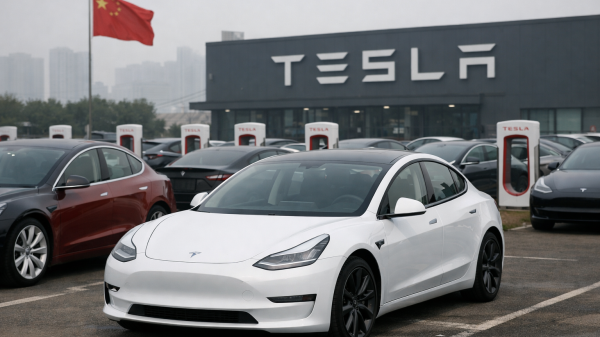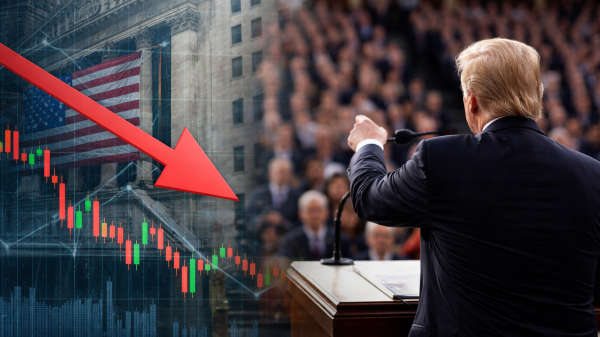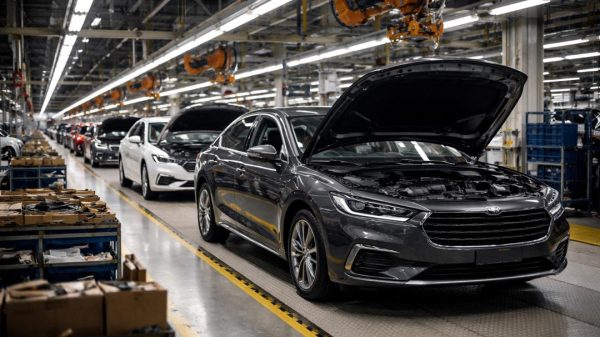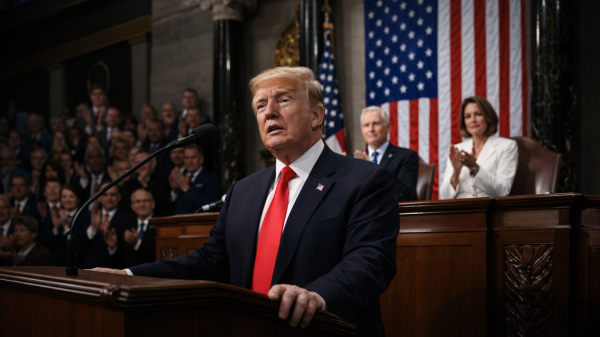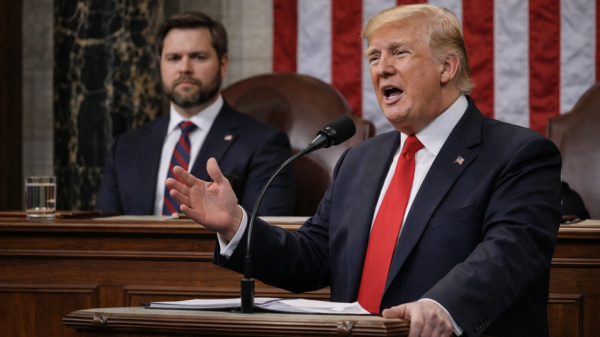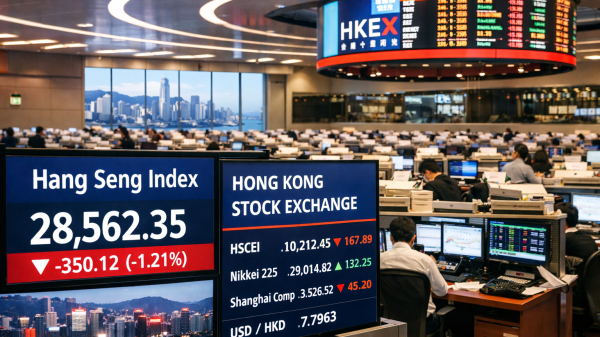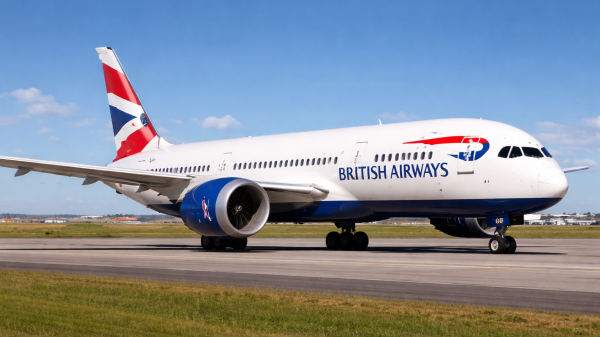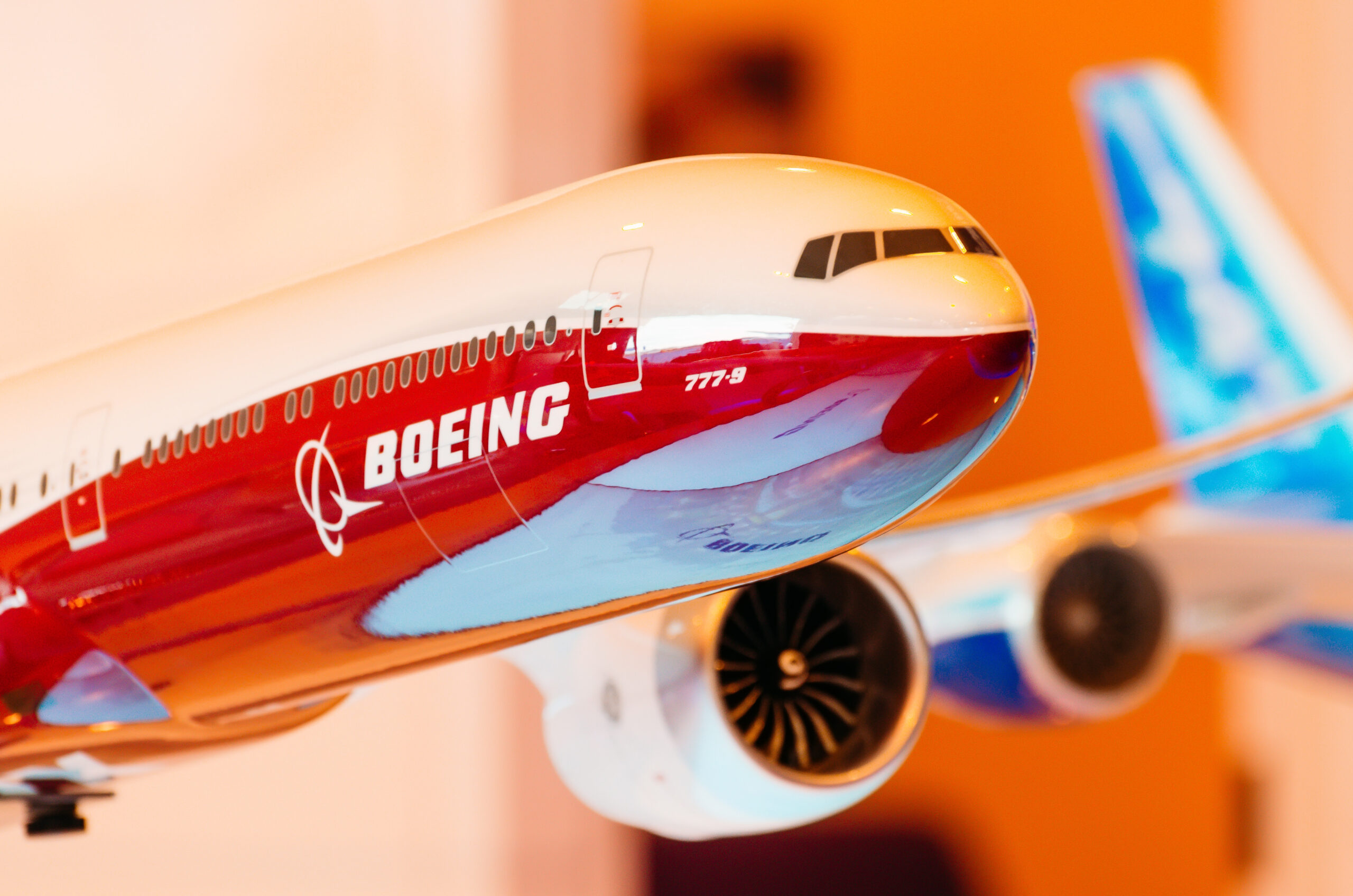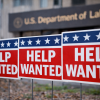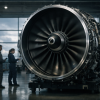China’s commerce ministry has issued a warning that United States-imposed tariffs are severely impacting Chinese airlines and Boeing, signalling a deeper strain on global aviation.
The announcement follows Boeing’s decision to fly three 737 MAX jets back to the US, after Chinese customers declined delivery due to the tariffs.
This latest development not only threatens Boeing’s operations in China, but also highlights growing disruption across critical global supply chains.
As the aviation sector struggles under political pressure, Beijing has urged Washington to prioritise a stable environment for businesses and address the concerns raised by companies on both sides.
Beijing warns of disruption
The Chinese commerce ministry said on Tuesday that US tariffs had disrupted global supply chains, air transport, and investment activities.
Stressing that “China’s affected airlines and Boeing have suffered greatly”, the ministry warned that the ongoing trade war has created an unpredictable business climate not just for Chinese firms but also for major US manufacturers.
This marks Beijing’s first official response concerning the impact of tariffs on the aviation sector since Boeing’s move to retrieve undelivered jets.
The statement suggests mounting anxiety among Chinese authorities about the broader fallout of trade hostilities.
Boeing, which has a large backlog of plane orders from China, said last week that several Chinese customers had indicated they would not take delivery of new jets.
As a result, Boeing is now seeking to resell dozens of aircraft initially built for China to alternative buyers.
China allows exemptions
In a move aimed at easing pressure on its domestic airlines, China has granted limited exemptions for certain US aerospace imports.
French engine maker Safran disclosed last Friday that it had been informed of tariff exemptions on key equipment, including aircraft engines and landing gear components.
The selective lifting of tariffs highlights Beijing’s efforts to protect essential industries without abandoning retaliatory measures.
However, industry sources stress that the broader aviation supply chain remains under heavy strain, with Chinese carriers facing cost pressures and delays in expanding their fleets.
Despite some easing, businesses remain cautious, given the unpredictable nature of the US-China relationship and the risks of further disruptions to critical supplies.
Boeing faces market risk
Boeing’s difficulties in China come at a time when it is grappling with regulatory challenges and production delays.
Once projected to be Boeing’s largest overseas market, China is now leaning more heavily towards Airbus for future aircraft orders, driven partly by the escalating trade conflict.
The decision to withdraw the three 737 MAX jets reflects deeper concerns about long-term demand.
Analysts warn that if tariffs persist, Chinese airlines could increasingly shift to Airbus and domestic alternatives such as COMAC, further eroding Boeing’s share in one of the world’s fastest-growing aviation markets.
The Chinese commerce ministry reiterated its readiness to support normal business cooperation, but stressed that Washington must create a more “predictable” environment for trade and investment to recover fully.
Aviation sector hit hard
The escalating tariffs have pushed the aviation sector into deeper uncertainty, affecting not only Boeing and Chinese airlines but also global supply chains that rely on a stable trade environment.
While the exemptions on certain aerospace parts offer some relief, they are unlikely to reverse the larger impact already underway.
Boeing’s effort to reposition undelivered aircraft reflects a growing need to mitigate financial damage.
Without political progress between the two countries, the situation is expected to deteriorate further, dragging both manufacturers and airlines into prolonged commercial challenges.
The post Boeing returns 737 MAX jets amid China’s tariff warning to airlines appeared first on Invezz







